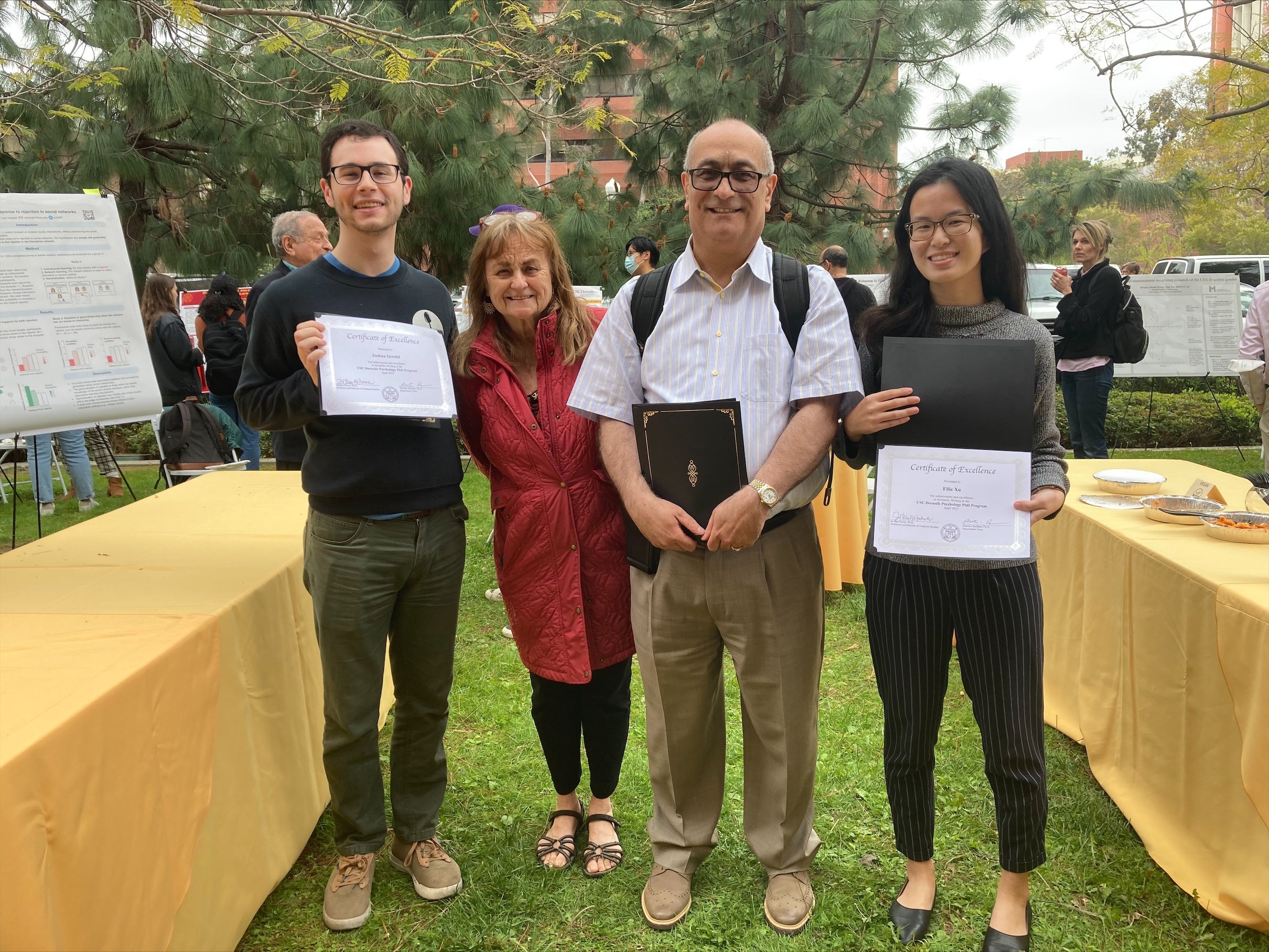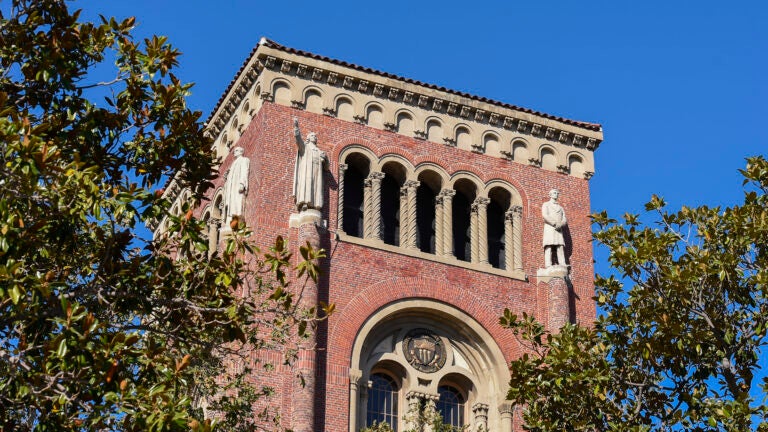
Path to Doctoral Training in Psychology at USC
Doctoral students are trained through an apprenticeship model, working closely with faculty in their labs and on research. Students are expected to engage in research activities and scholarship throughout their graduate training, leading up to and culminating in the doctoral dissertation. Expertise is also acquired by participating in courses, seminars, and colloquia. Most students also gain experience with teaching through guest lectures and teaching assistantships.
-
Applicants should identify faculty members who most closely match their research interests. For administrative purposes the department is organized into five areas:
- Brain and Cognitive Science
- Clinical Science
- Developmental Psychology
- Quantitative Methods and Computational Psychology
- Social Psychology
However, this division does not reflect our approach to research questions. Many of our faculty are affiliated with more than one area or collaborate across areas. Many students work with multiple faculty members during their doctoral studies.
-
The Admissions page describes how to apply and the background needed for a competitive application.
-
The following is a brief outline of requirements. Details of requirements for doctoral students in the USC Graduate School can be found at General Requirements for graduate degrees. Additional information about Psychology department requirements is provided in the Handbook for Graduate Students. Additional information about the Clinical Science Program can be found in the Clinical Science Handbook.
-
The doctoral program is designed with the expectation that a student can complete all requirements within five years, except for the clinical area, wherein a requirement for internship training extends the period by one year.
Student progress is monitored through annual reviews and formal evaluations that occur at the first-year screening, second-year project, qualifying examination, and dissertation.
- First-Year Screening: Students are evaluated based on performance in courses and progress in research, as judged by the faculty of the student’s specialty area.
- Second-Year Project: Master’s thesis or a research report of comparable scope and quality. The student’s performance in planning, conducting, and reporting the study is evaluated by a committee of three faculty members.
- Qualifying Exam: During the fourth year of residence, students are expected to pass a Qualifying Exam. This has two components; the dissertation proposal and a written examination or review paper. These are evaluated by a guidance committee that consists of faculty members from two or more areas within Psychology, and a faculty member from outside the Psychology department.
- Dissertation: By the end of the fifth year, the student should submit and defend a dissertation that describes the research that was done, with analysis of the findings in relation to the relevant literature. If this is judged to be acceptable by the guidance committee and the Graduate School, the degree of Doctor of Philosophy is conferred.
